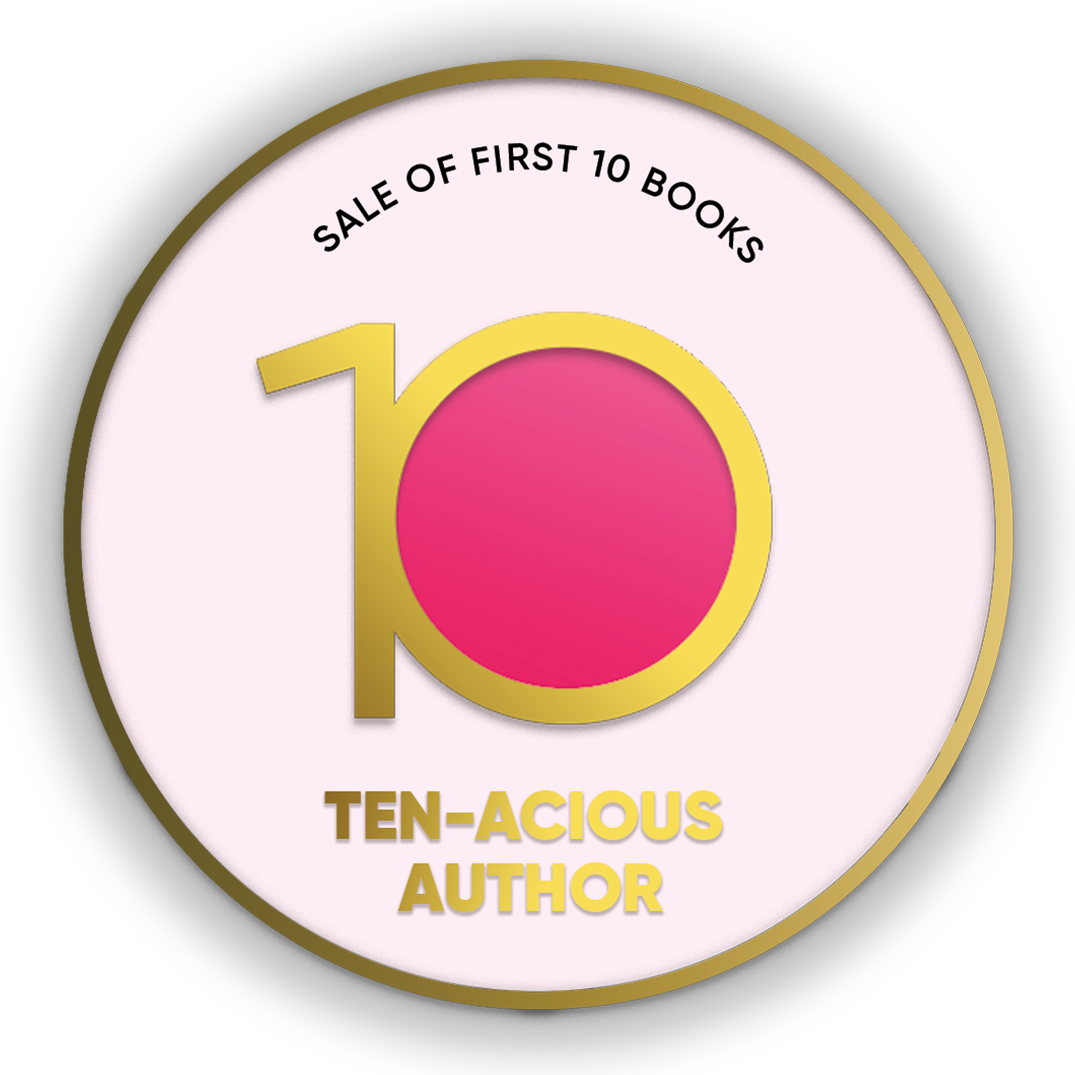
- Discover books
- For Writers
-
For Writers
-
Indie Author Championship
-
Challenges
Writing Contests
- Get Started

"It was a wonderful experience interacting with you and appreciate the way you have planned and executed the whole publication process within the agreed timelines.”
Subrat SaurabhAuthor of Kuch Woh Pal -
Sanghamitra Dasgupta
Sanghamitra Dasgupta is a passionate educator and social service worker in the field of education and women empowerment. A post-graduate from the University of Calcutta, she served as English teacher of secondary and higher secondary sections of a reputed school in Kolkata for almost two decades and was the HOD of its English Department for two consecutive years. She has won the TTIS Communicator Award in 2011. She has written and edited books for publishing houses such as Pearson Education, Oxford University Press and Navneet. She has taken Teacher-training Workshops as Resource Person for PeRead More...
Sanghamitra Dasgupta is a passionate educator and social service worker in the field of education and women empowerment. A post-graduate from the University of Calcutta, she served as English teacher of secondary and higher secondary sections of a reputed school in Kolkata for almost two decades and was the HOD of its English Department for two consecutive years. She has won the TTIS Communicator Award in 2011. She has written and edited books for publishing houses such as Pearson Education, Oxford University Press and Navneet. She has taken Teacher-training Workshops as Resource Person for Pearson Education. She writes poetry along with self-help books, and loves reading, music and travelling.
Read Less...Crop your profile image

Shakespeare Then and Again
Books by Sanghamitra Dasgupta
William Shakespeare’s Julius Caesar is one of the finest studies of human psychology and its range of personalities is exciting – there is the egotistical Caesar himself whose “wisdom is consumed in confidence”, there is the playboy-cum-politician Antony whose emotionally charged oratory whips up a frenzy, there is the wily Cassius whose angst drives him to conspire against Caesar, there is sober Brutus whose love for Rome drives him to assassinate his
William Shakespeare’s Julius Caesar is one of the finest studies of human psychology and its range of personalities is exciting – there is the egotistical Caesar himself whose “wisdom is consumed in confidence”, there is the playboy-cum-politician Antony whose emotionally charged oratory whips up a frenzy, there is the wily Cassius whose angst drives him to conspire against Caesar, there is sober Brutus whose love for Rome drives him to assassinate his best friend, and last but not least, there is the mob whose fickle nature is shown in its quickly changing moods and reactions.
This book, Shakespeare Then and Again: Julius Caesar is meant both for ICSE students and lovers of Shakespeare. It explores the play in detail with special reference to its relevance even today. There are various sections that encourage an in-depth study of the play as well as foster the abilities of critical thinking, innovation and creativity. It contains Reference to Context questions and answers, MCQs, Discussion and Argumentative questions and answers. It is a must for those who wish to study Julius Caesar from a modern perspective.
Shakespeare Then and Again: The Tragedy of Macbeth
Books by Sanghamitra Dasgupta
Power is the watchword of the times! Not really! Power and resultant glory have been the fuel for ambitious men and some have retired gracefully while others have left the stage in ignominy. Pick up 'Shakespeare Then and Again: The Tragedy of Macbeth to find out the charisma of a man who meets an inglorious end yet leaves us awestruck.
Looking for self-study guidelines in accordance with the new educational practices being introduced in schools? Pick up
Power is the watchword of the times! Not really! Power and resultant glory have been the fuel for ambitious men and some have retired gracefully while others have left the stage in ignominy. Pick up 'Shakespeare Then and Again: The Tragedy of Macbeth to find out the charisma of a man who meets an inglorious end yet leaves us awestruck.
Looking for self-study guidelines in accordance with the new educational practices being introduced in schools? Pick up 'Shakespeare Then and Again: The Tragedy of Macbeth' and be confident of your preparation.

Are you sure you want to close this?
You might lose all unsaved changes.
Select from one of our global stores to continue
 India
India
 Malaysia
Malaysia
 Singapore
Singapore
 UAE
UAE
Warning Message
The items in your Cart will be deleted, click ok to proceed.












